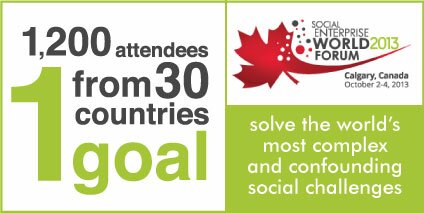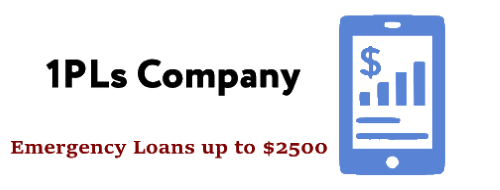Can Social Impact Bonds Unlock Private Money for Public Goods?
By Tim Price, Roosevelt Institute
Georgia Levenson Keohane, Author, Fellow, Roosevelt Institute, will be speaking at the 2013 SEWF session "The Future of Social Enterprise: Authors Panel."
Readers that enjoyed this article may wish to check out the 2013 SEWF program stream "Social Finance."
The feature picture is courtesy of Compfight / A Flickr Search Tool.
With budgets tight, governments have had to devote limited resources to people in need, with little left for investments in preventative programs. But prevention pays, says Roosevelt Institute Fellow Georgia Levenson Keohane, and
governments are experimenting with creative ways to attract financing for programs that they cannot fund on their own.
In her new policy note, “Can Social Impact Bonds Unlock Private Money for Public Goods? Innovation in Pay-for-Success and Social Finance,” Keohane examines a new model for social entrepreneurship, which harnesses private funds to address public needs.
Social impact bonds (SIBs) use partnerships among public entities, private investors, and nonprofit organizations to design and fund preventative programs that address an otherwise unaffordable need.
These programs work to intervene in areas where success can be clearly measured,
such as reducing recidivism rates of ex-prisoners through intensive support services or addressing chronic homelessness with supportive housing. If the intervention is successful, and thereby saves money for the public, the investor receives a return on investment. But as Keohane notes, the involvement of private investors in a social problem opens new questions: is a return-on-investment model really the best way to approach social needs? And, does the funding source affect the work being done?
Keohane examines SIBs as they have been implemented to date, from Peterborough, England, to New York City, to the many plans for rollout in cities and states across the U.S. and throughout the world. She carefully assesses the promise and limitations of this “important new tool in the poverty-fighting arsenal,” with an eye toward developing best practices:
results that can be measured quantitatively, reasonable scale, and available non-governmental partners for implementation and measurement.
This policy note explains that SIBs are one example of the trend toward increased private involvement in social problems. Keohane’s larger body of work examines these kinds of partnerships among the nonprofit, private, and public sectors in greater depth. Last week, she published a white paper on social entrepreneurship through the McGraw-Hill Financial Global Institute, available here.
More about Georgia Levenson Keohane
Georgia Levenson Keohane is a Fellow at the Roosevelt Institute, where she works on a range of issues in economic policy, including poverty and inequality, employment and job growth, and social entrepreneurship and the role of firms in society. Keohane’s career has bridged the private and nonprofit sectors. A former McKinsey consultant and foundation executive, she advises a number of organizations including philanthropies, educational entities, community development agencies, and think tanks. She has taught at Yale, and is an adjunct professor in the Social Enterprise Program at Columbia Business School. Keohane writes regularly on social and economic policy and the intersection of business and society for the Harvard Business Review, The Nation, The American Prospect, The Washington Monthly, Slate, and other publications and is the author ofSocial Entrepreneurship for the 21st Century: Innovation Across the Nonprofit, Private and Public Sectors(McGraw Hill 2013). She holds a BA from Yale University, an MBA from Harvard Business School, and an MSc from London School of Economics, where she was a Fulbright Scholar.
More about the Roosevelt Institute
 The Roosevelt Institute is a nonprofit ideas and leadership organization dedicated to carrying forward the legacy and values of Franklin and Eleanor Roosevelt by developing progressive initiatives and bold leadership in support of America’s promise of opportunity for all. The Institute works with world-class thought leaders in our Four Freedoms Center; the Campus Network and Pipeline programs work with thousands of Millennials to drive policy solutions at the local level; and the FDR Library maintains the Roosevelts’ legacy to redress inequality in our nation. Our major thought work is developing a “New Deal for the 21st Century” by focusing on economic and social policy.
The Roosevelt Institute is a nonprofit ideas and leadership organization dedicated to carrying forward the legacy and values of Franklin and Eleanor Roosevelt by developing progressive initiatives and bold leadership in support of America’s promise of opportunity for all. The Institute works with world-class thought leaders in our Four Freedoms Center; the Campus Network and Pipeline programs work with thousands of Millennials to drive policy solutions at the local level; and the FDR Library maintains the Roosevelts’ legacy to redress inequality in our nation. Our major thought work is developing a “New Deal for the 21st Century” by focusing on economic and social policy.







